The Imperative Of Preserving Australia And The Deep Magical Historical Narrative
What We Lose In Australia
Uncovering Truths
In an era where information flows freely, the integrity of historical truth becomes increasingly vital. Understanding and acknowledging Australia’s history is not merely an academic exercise; it’s a moral responsibility that shapes our national identity and collective future. The stories of our past, whether triumphs or tribulations, form the bedrock of who we are as a nation. Yet, there is a pressing need to ensure that these stories are told accurately and comprehensively. This is especially true for Australia, a country whose history is as rich and varied as its diverse population.
Australia’s history encompasses the ancient heritage of its Indigenous peoples, the profound impacts of colonization, and the growth of a multicultural society. Each chapter, whether joyous or painful, contributes to our understanding of the nation’s journey. To obscure or whitewash history is to deny the experiences and contributions of countless individuals and communities. It is through preserving and openly discussing our history that we honor these experiences and foster a more inclusive and understanding society.

The Consequences of Lost History
What It Means When History Is Lost
When history is lost, it represents a significant void in our collective understanding. The erasure of historical events, experiences, and narratives leads to an incomplete and often skewed perception of the past. This loss can distort our sense of identity and the context in which current societal issues exist. Without a comprehensive historical record, we are left with gaps that hinder our ability to fully grasp the lessons and truths from our past.
The Impact on Individuals Directly Involved
For individuals directly involved in the historical events that are erased or forgotten, the loss of history can be deeply personal and painful. It means that their experiences, struggles, and contributions are not recognized or validated. This lack of acknowledgment can perpetuate feelings of marginalization and injustice.
Imagine the descendants of Aboriginal and Torres Strait Islander peoples whose rich cultural histories and ancestral stories are overshadowed or omitted. For these communities, the loss of historical records equates to a loss of identity, pride, and cultural continuity. It disrupts the transmission of knowledge and traditions, making it difficult for future generations to connect with their heritage.
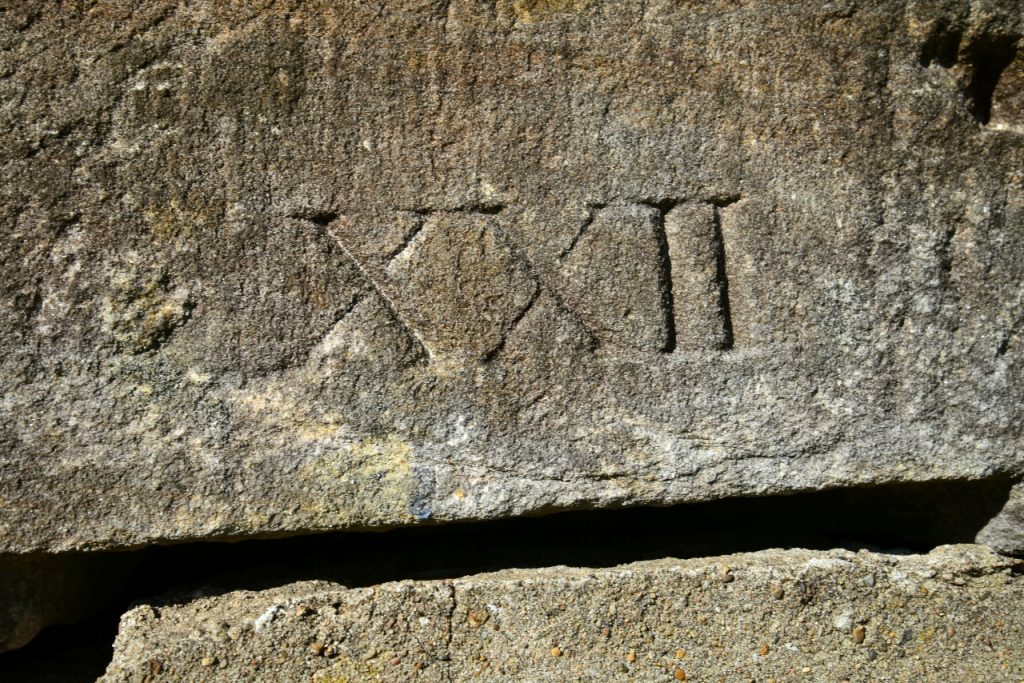
The Impact on Future Generations
When history is lost, future generations are deprived of a critical resource for learning and growth. They lose the opportunity to understand the complexities of their heritage, the resilience of their ancestors, and the lessons embedded in historical experiences. This disconnection can lead to a weakened sense of identity and belonging.
Moreover, without a complete understanding of the past, future generations may struggle to navigate present and future challenges. They are less equipped to draw on historical precedents to inform their decisions and actions, potentially leading to the repetition of past mistakes.
Societal Implications
On a broader scale, the loss of history can perpetuate systemic inequalities and injustices. When the narratives of marginalized groups are excluded, it reinforces dominant power structures and silences diverse voices. This lack of representation in historical discourse means that societal progress is hindered, as important perspectives and experiences are not taken into account in policy-making and cultural development.
The Importance of Preservation
Preserving history is crucial for honoring the truth and fostering a more inclusive and just society. It ensures that all voices are heard, and all experiences are validated. By maintaining a comprehensive and accurate historical record, we empower individuals and communities to connect with their past, understand their present, and build a better future.
The Weight of Historical Integrity
History serves as the collective memory of humanity. When we cover up or distort historical events, we rob ourselves of essential lessons and understanding. Australia’s history is complex and multifaceted, encompassing the rich and ancient heritage of its Indigenous peoples, the profound impacts of colonization, and the growth of a diverse, multicultural society.
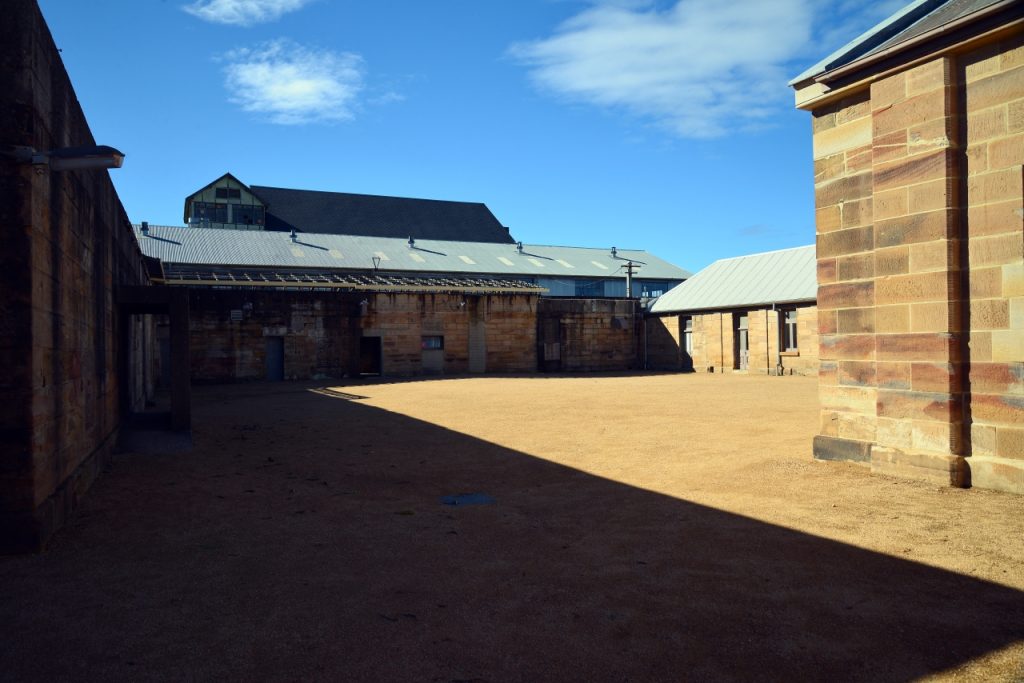
Covering up history, especially the darker chapters, denies the experiences and truths of those who lived through them. For instance, the histories of Australia’s Aboriginal and Torres Strait Islander peoples are critical for understanding the deep and enduring cultures that date back tens of thousands of years. Acknowledging the injustices they have faced, such as land dispossession and the Stolen Generations, is essential for genuine reconciliation and healing.
Learning from the Past
The famous adage “those who cannot remember the past are condemned to repeat it” rings especially true here. By studying historical events, we gain crucial insights into human behavior, societal dynamics, and the consequences of actions. This knowledge can guide contemporary decision-making and policy formulation, helping us to avoid repeating past mistakes.
For example, Australia’s history of immigration policies, including the discriminatory White Australia policy, serves as a stark reminder of the dangers of xenophobia and exclusion. Recognizing these past errors allows us to strive for a more inclusive and equitable society today, where diversity is celebrated rather than feared.
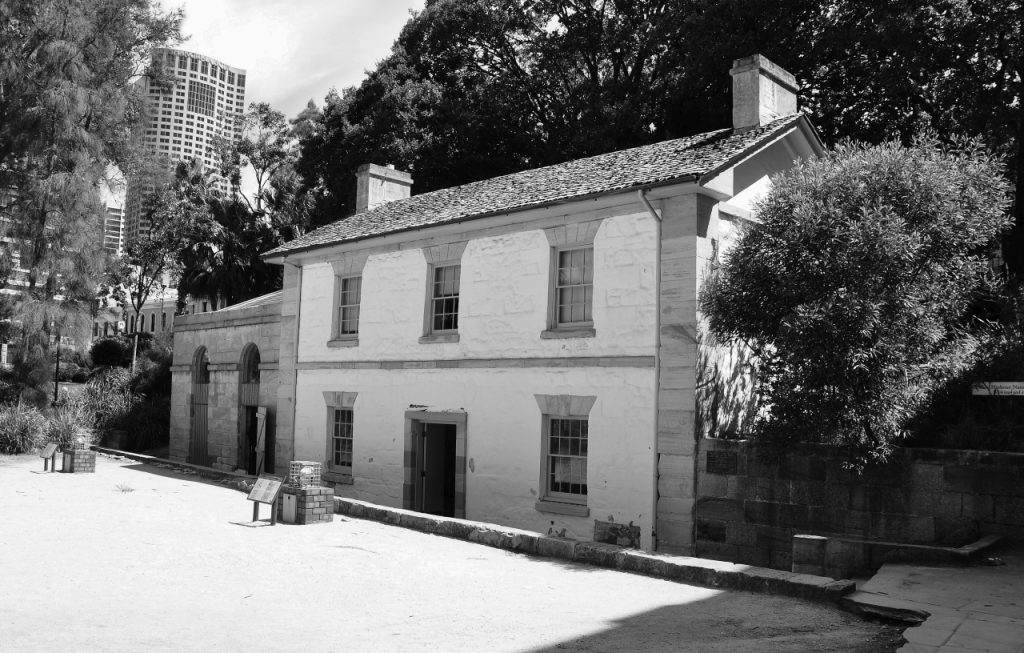
Identity & Education
Fostering a Shared National Identity
A comprehensive understanding of history is foundational for building a shared national identity. It fosters empathy, respect, and a sense of belonging among diverse communities. When historical narratives are inclusive and accurate, they validate the experiences of all members of society, promoting unity and social cohesion.
In Australia, honoring both the ancient traditions of Indigenous cultures and the contributions of various immigrant communities enriches the nation’s collective story. It underscores the strength found in diversity and the importance of mutual respect and recognition.
The Role of Education
Education plays a pivotal role in preserving and disseminating historical truths. Schools, universities, and public institutions must commit to teaching an accurate and balanced view of history. This involves not only the factual recounting of events but also the critical analysis of historical sources and perspectives.
Encouraging critical thinking enables individuals to grasp the complexities of history, recognize biases, and consider multiple viewpoints. This approach empowers citizens to engage thoughtfully and constructively with their past, fostering a more informed and reflective society.
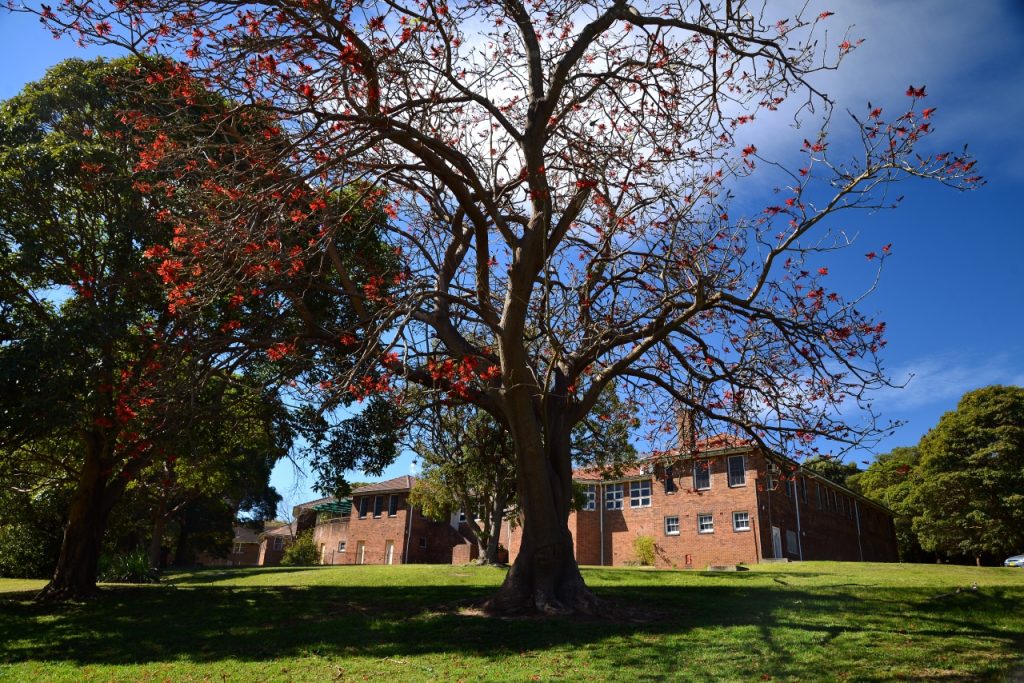
Narrative Reality
Confronting Historical Injustices
Acknowledging historical injustices is not about assigning guilt or fostering division; it’s about recognizing pain and working towards healing and justice. In Australia, this means coming to terms with the historical treatment of Aboriginal and Torres Strait Islander peoples, including practices that led to the Stolen Generations and systemic discrimination.
Facing these truths allows for meaningful dialogue and reconciliation. It provides an opportunity for the nation to acknowledge the resilience and contributions of Indigenous communities and to work towards redressing past wrongs. This process is vital for building a more just and inclusive future.
Embracing Diverse Narratives
History is not a monolith but a tapestry woven from countless individual stories and experiences. Embracing this diversity in historical narratives enriches our understanding and broadens our perspectives. It challenges dominant narratives and ensures that marginalized voices are heard and respected.
In Australia, this means recognizing the rich cultural heritage of Indigenous communities, the struggles and achievements of various immigrant groups, and the evolving nature of national identity. It involves celebrating the contributions of all Australians and acknowledging the complexities and contradictions that define our history.
The Importance of Transparency
Transparency in historical scholarship and public discourse is crucial for maintaining the integrity of historical narratives. This means being open about the limitations of historical knowledge, acknowledging biases, and striving for accuracy and inclusivity.
Public institutions, historians, and educators have a responsibility to engage with history transparently and honestly. It also ensures that historical narratives remain relevant and meaningful, providing valuable insights for contemporary society.
The Consequences of Covering Up History
When history is obscured or rewritten, the consequences are far-reaching and profound. For the past, it means the erasure of truth and the disrespect of those who lived through historical events. For the present, it fosters ignorance and perpetuates misunderstandings, leading to societal divisions and injustice. For the future, it jeopardizes the ability to learn from past mistakes and hinders progress.
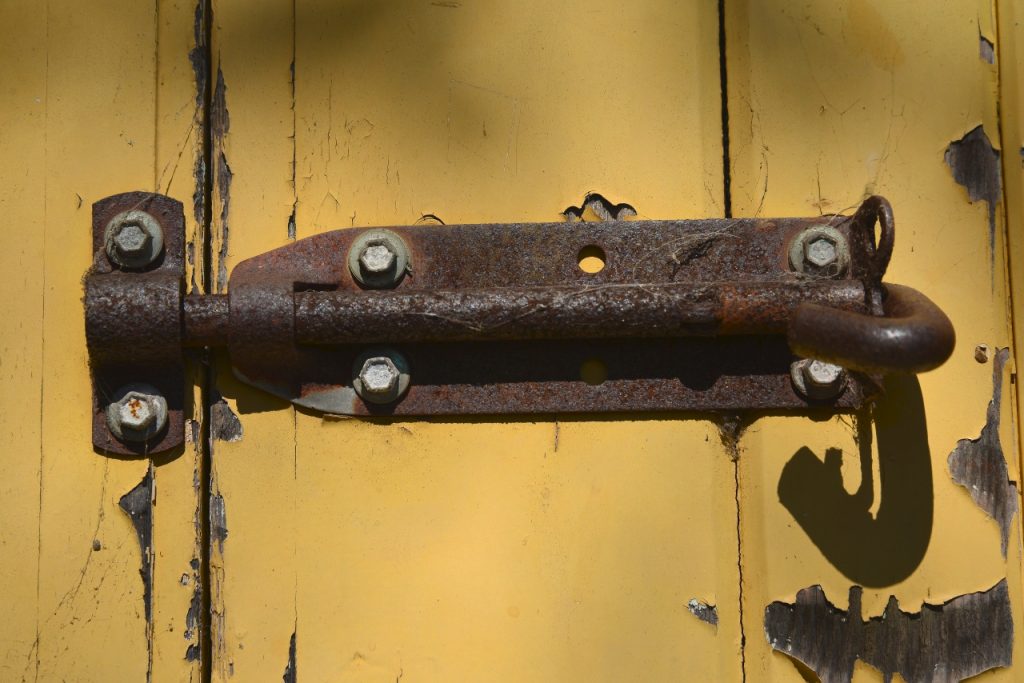
Individual Generations
The Impact on Individuals and Generations
For those directly involved with historical events, the erasure of their stories is deeply personal and painful. It means the loss of recognition and validation of their experiences and suffering. For their descendants and future generations, it creates a disconnect from their heritage and identity. It robs them of the opportunity to understand their roots and the resilience of their ancestors, making it challenging to build a sense of pride and belonging.
The act of preserving history ensures that the struggles and triumphs of those who came before us are honored and remembered. It allows future generations to learn from the past, to understand the sacrifices made, and to draw inspiration and lessons from them. This continuity of knowledge and experience strengthens the fabric of society and helps to build a more informed and empathetic community.
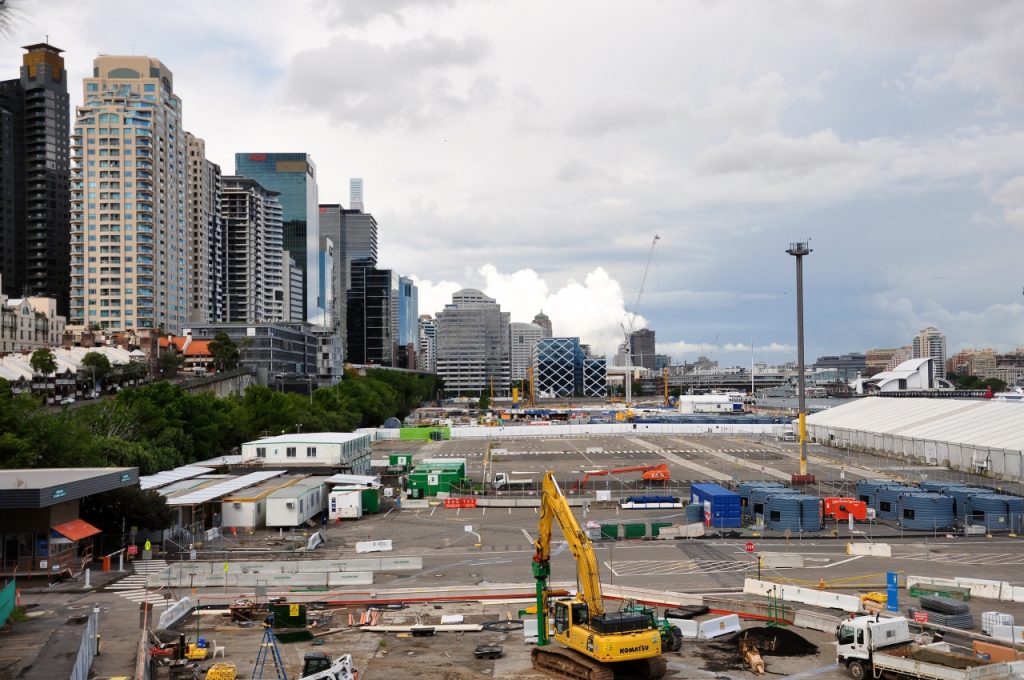
Past, Present & Future
What It Means for the Past
Preserving history means honoring the truth of what has transpired. It involves acknowledging the events, decisions, and experiences of the past without distortion. This honesty serves as a foundation for understanding how we arrived at our current state. It pays respect to those who lived through historical events and ensures that their stories are not forgotten or misrepresented.
What It Means for the Present
In the present, preserving history fosters a well-informed society. It promotes critical thinking and encourages individuals to engage with their heritage and identity. It also helps address current societal issues by providing context and lessons from the past. An accurate historical narrative supports social cohesion and mutual respect among diverse communities, creating a more inclusive and harmonious society.
What It Means for the Future
For the future, preserving history is an investment in progress. It equips future generations with the knowledge and understanding needed to make informed decisions and to avoid repeating past mistakes. It also instills a sense of continuity and connection, empowering individuals to build on the experiences of their ancestors and to contribute positively to society.
Moving Forward
Addressing historical truths is not a one-time event but a continuous process of acknowledgment, reflection, and action. It requires a commitment to truth-telling, reconciliation, and justice. By confronting the realities of the past, Australia can build a future that is more inclusive, equitable, and just.
Honoring the stories of all Australians, past and present, ensures that the nation’s legacy is one of resilience, understanding, and hope. It fosters a sense of shared purpose and unity, empowering us to face the challenges of the future together.

Conclusion
Preserving and openly discussing history, particularly in Australia, is not just a matter of academic interest; it is a moral imperative that shapes our national consciousness and future trajectory. The act of preserving history ensures that we honor the complexity and diversity of human experiences, recognizing the triumphs and tribulations that have defined our collective journey.
When we commit to preserving history, we acknowledge the profound impact of past events on present realities. We validate the lived experiences of individuals and communities, ensuring that their stories are remembered and respected. This acknowledgment is especially crucial for Australia’s Aboriginal and Torres Strait Islander peoples, whose rich cultural heritage and historical struggles are integral to the nation’s identity. By preserving these narratives, we pave the way for meaningful reconciliation and healing, fostering a sense of understanding and solidarity among all Australians.
Preserving history also equips us with the tools to address contemporary challenges. An accurate historical record informs policy-making, education, and social justice initiatives, helping us build a society that values inclusivity, diversity, and equality. By understanding the historical roots of current issues, we can develop more effective and compassionate solutions.
For future generations, the preservation of history is a gift of knowledge and identity. It connects them to their heritage, instilling a sense of pride and belonging. It empowers them to build on the experiences of their ancestors, to draw inspiration from their resilience and innovation. By preserving history, we ensure that future generations are not deprived of their cultural legacy and the wisdom embedded in it.
Preserving and talking about history fosters a more engaged and informed citizenry. It encourages critical thinking, empathy, and a deeper appreciation of the complexities of human society. It challenges dominant narratives and amplifies marginalized voices, contributing to a more balanced and inclusive understanding of our past. This engagement with history strengthens the fabric of our democracy, promoting civic participation and social cohesion.
The preservation of history is a collective responsibility. It requires the commitment of individuals, communities, educators, and institutions. It demands transparency, accuracy, and a willingness to confront uncomfortable truths. By embracing this responsibility, we honor the past, enlighten the present, and inspire the future. We create a legacy of resilience, understanding, and hope, ensuring that the stories of all Australians are remembered and celebrated.
Preserving and openly discussing history enriches our national narrative and strengthens the bonds within our society. It is a journey that requires continuous effort and reflection, but one that is profoundly rewarding. By maintaining the integrity of our historical narratives, we build a foundation of truth and justice that will guide us towards a brighter, more inclusive future. Through this commitment, we move forward with a deeper understanding of who we are and where we come from, united in our shared humanity and our collective aspirations for a better tomorrow.
Join the Discussion
Preserving history is a collective endeavor that requires the participation and commitment of individuals, communities, and institutions.
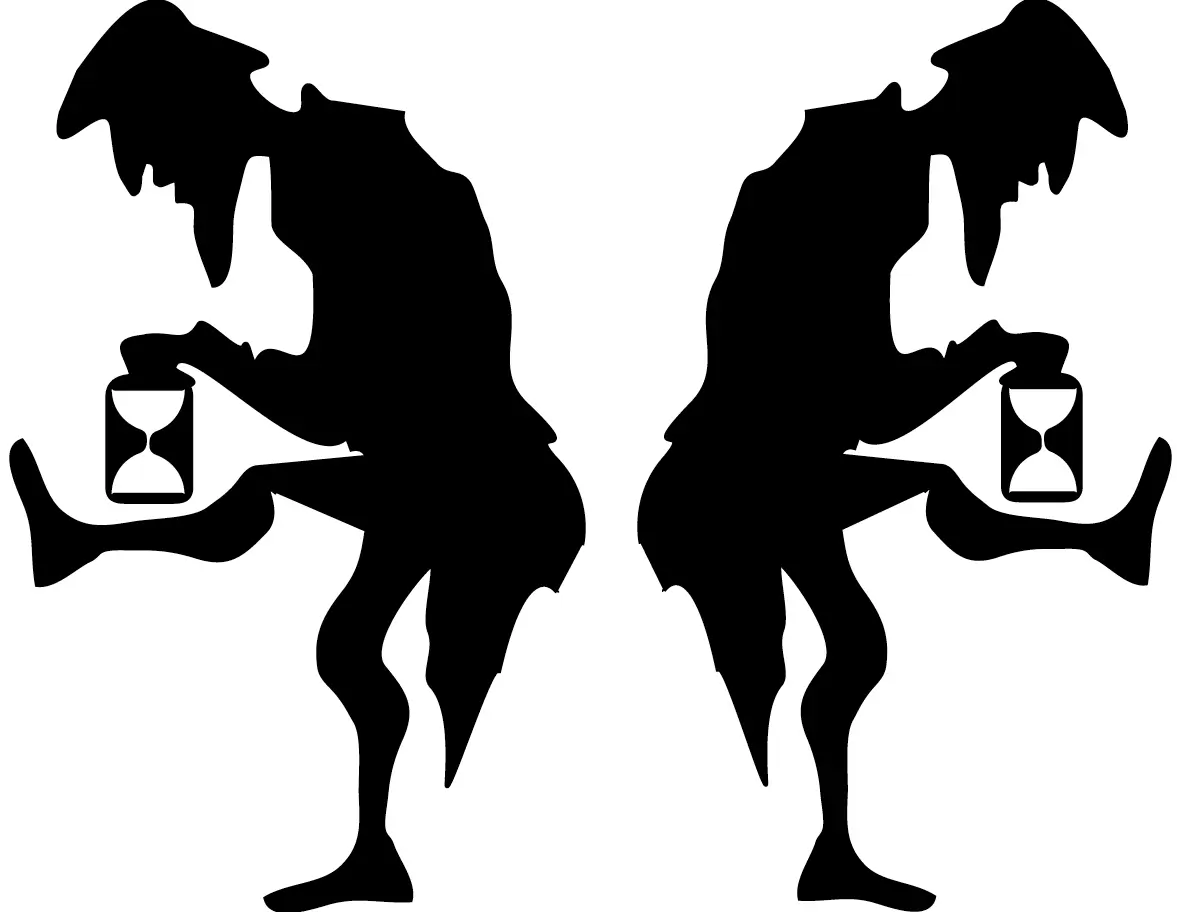
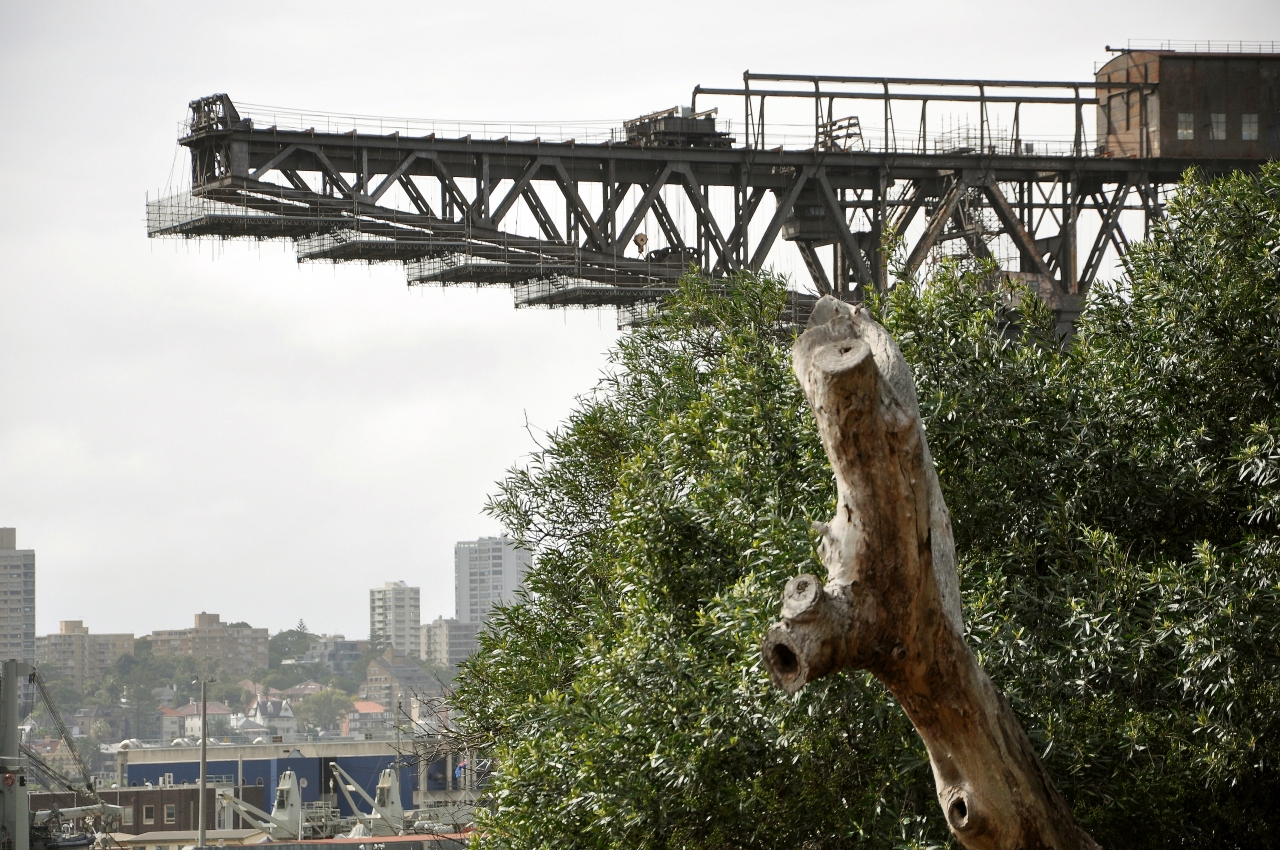






you are really a good webmaster. The web site loading speed is amazing. It seems that you’re doing any unique trick. In addition, The contents are masterpiece. you’ve done a excellent job on this topic!
Someone essentially lend a hand to make significantly posts I’d state. That is the very first time I frequented your website page and to this point? I surprised with the analysis you made to create this actual submit extraordinary. Fantastic process!
I don抰 even understand how I finished up here, but I believed this submit used to be good. I do not realize who you might be however certainly you’re going to a well-known blogger if you happen to aren’t already 😉 Cheers!
This is very attention-grabbing, You are an excessively professional blogger. I have joined your rss feed and stay up for looking for extra of your fantastic post. Also, I have shared your site in my social networks!
I actually wanted to make a small comment in order to express gratitude to you for those unique information you are giving out on this website. My rather long internet search has at the end been compensated with extremely good know-how to share with my colleagues. I would repeat that most of us site visitors are rather lucky to be in a great site with very many outstanding individuals with great tips and hints. I feel pretty fortunate to have seen your entire web pages and look forward to some more entertaining times reading here. Thank you once more for a lot of things.
Right now it appears like Movable Type is the best blogging platform available right now. (from what I’ve read) Is that what you are using on your blog?
Good post and straight to the point. I don’t know if this is really the best place to ask but do you guys have any ideea where to employ some professional writers? Thanks in advance 🙂